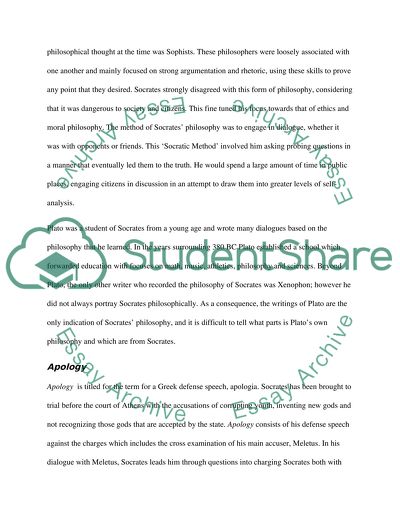Cite this document
(“What Is Justice For Socrates And Augustine Who (Or What) Is The Essay”, n.d.)
Retrieved from https://studentshare.org/philosophy/1432938-what-is-justice-for-socrates-and-augustine-who-or
Retrieved from https://studentshare.org/philosophy/1432938-what-is-justice-for-socrates-and-augustine-who-or
(What Is Justice For Socrates And Augustine Who (Or What) Is The Essay)
https://studentshare.org/philosophy/1432938-what-is-justice-for-socrates-and-augustine-who-or.
https://studentshare.org/philosophy/1432938-what-is-justice-for-socrates-and-augustine-who-or.
“What Is Justice For Socrates And Augustine Who (Or What) Is The Essay”, n.d. https://studentshare.org/philosophy/1432938-what-is-justice-for-socrates-and-augustine-who-or.


